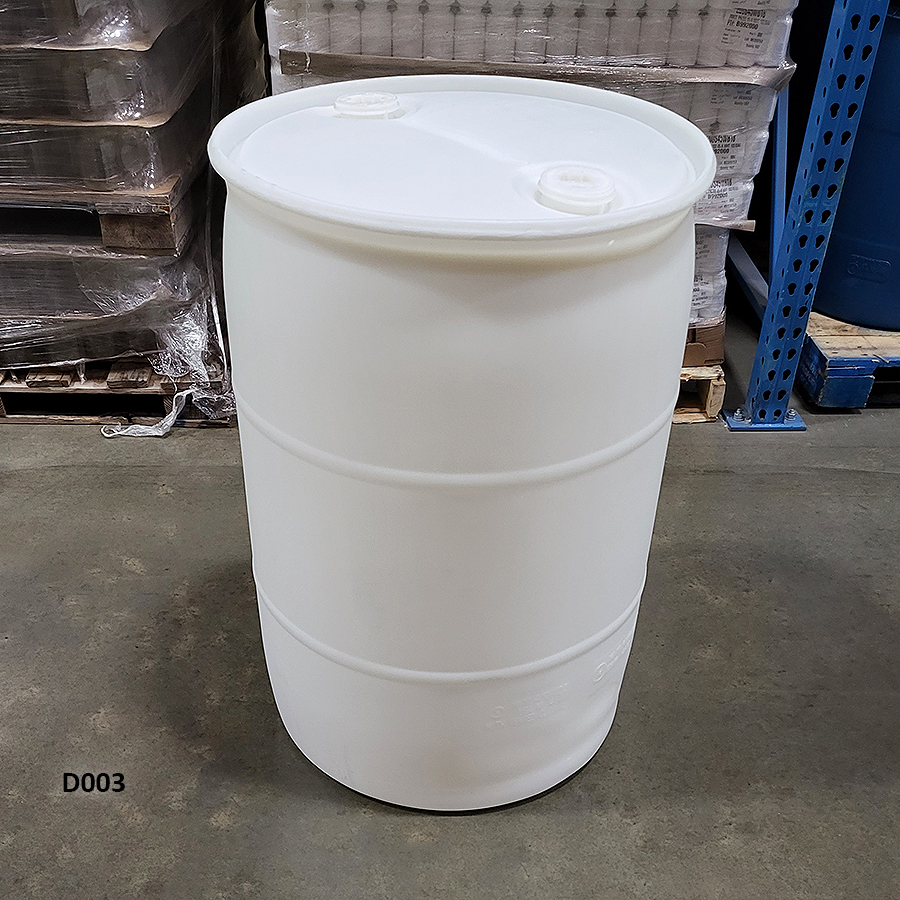S2K Commerce - Products Dropdown
Web Content Viewer
Glass Vs. Plastic Containers: Basics, Compatibility, Shipping

There are a few key areas of our world where a regular question tends to come up: Glass or plastic? Among these, any individual or entity who regularly deals with containers and sealing of products or items has likely asked themselves this question at least once.
At Industrial Container and Supply Company, we offer a huge range of glass and plastic containers, including everything from cans and bottles to drums, pails, tubs and more. Both of these materials comes with numerous benefits and a few potential drawbacks, and knowing the basic information on each can go a long way to helping you make the ideal choice for each and every one of your container needs. In this two-part blog series, we'll look at all the different factors to consider here.
Basic Characteristics
Firstly, let's take a look at a few of the most basic characteristics of glass and plastic containers. Some examples:
- Impermeability: Plastic containers are highly impermeable, meaning that liquids and gases can’t escape or enter them. Glass is slightly less secure in this regard, but still offers impressive levels of protection when sealed correctly.
- Weight: Generally speaking, plastic containers tend to be much lighter than their glass counterparts. This makes them particularly useful for large shipments where weight is a major factor.
- Durability: Plastic containers can be quite durable, but glass typically offers slightly higher levels of protection from bumps and knocks during transportation or storage.
- Inertness: Plastic containers don't tend to react with the materials they contain, meaning that you can store any sort of mixtures without worrying about contamination. Glass is also highly inert, and both are often used for hazardous and chemical products as a result.
- Temperature resistance: Both of these materials can be adjusted to withstand extreme temperatures, but plastic typically has better heat and cold resistance.
- Versatility: Because there are more varieties of plastic containers available, they tend to be more versatile than glass. There's virtually no application you can't find a plastic container of some kind for.
Chemical Compatibility
One area where both of these materials show great promise is chemical compatibility. Both glass and plastic containers are resistant to a wide range of chemicals, allowing you to store and transport any sorts of mixtures without fear of contamination or damage.
For example, a common use for both types of containers is storing solvents such as paint thinners, lubricants, varnishes and other materials. Both materials are able to handle these chemicals without issue and can still be sealed effectively once filled.
The same is true for most other materials and products, including food products, cleaning agents, fuel, and more. Depending on the sort of product you're dealing with, one material may be better than the other in terms of chemical compatibility.
Perceived Quality
A factor where we begin to see some major difference is within perceived quality. Several forms of research have revealed that people believe products packaged in glass to be of higher quality than those in plastic. This can have a major impact on sales, with customers more likely to choose one product over another based solely on the type of packaging used. This isn't necessarily true for all types of products, but it’s something to consider if you plan on selling your items in stores or online.
On the flip side of this, however, is another basic reality consumers tend to factor in: Glass breaks, while plastic doesn't. Customers may be more willing to pay for the perceived quality of glass packaging, but if that container then breaks in transit or while being opened, they are likely to take their business elsewhere.
Shipping Requirements and Costs
One area where plastic tends to hold some advantages is when it comes to shipping requirements and costs. Plastic containers tend to be much lighter than glass, meaning that you'll pay less for their transportation. This, coupled with the fact that plastic containers can usually be sealed more tightly, means you'll also have fewer losses due to leakage during transit.
Furthermore, many plastic containers simply won't fit well within standard shipping sizes. This can be an issue when dealing with large retailers or wholesalers, as their requirements may necessitate the use of smaller packaging solutions. In these cases, plastic is often the ideal solution.
In part two of our series, we'll go into more detail concerning the differences between plastic and glass containers. We'll also discuss how to choose the right material for your needs, so stay tuned!
For more here, or to learn about any of our glass, plastic or metal containers, speak to our team at Industrial Container and Supply Company today.
